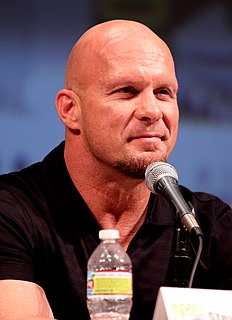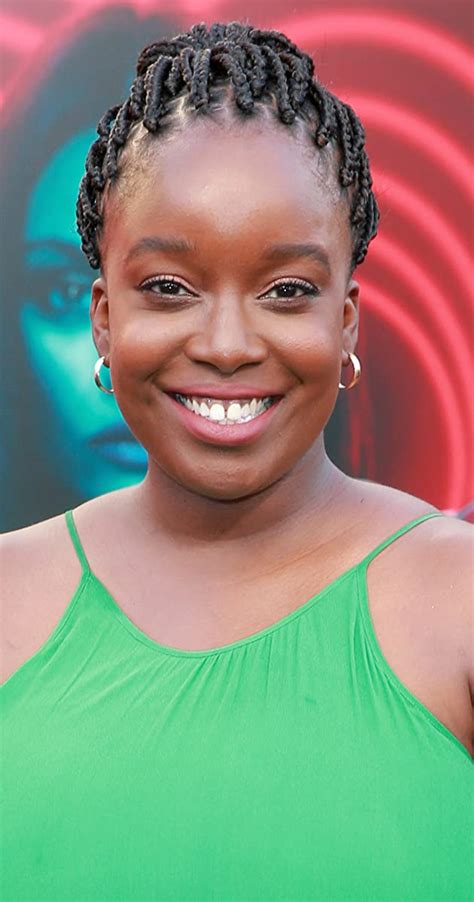A Quote by Tessa Thompson
'Dear White People' started a conversation about race. It's such a difficult thing to talk about, especially in America because of our history. I love that you can confront it with humour and with satire.
Related Quotes
This film isn't about "white racism", or racism at all. DEAR WHITE PEOPLE is about identity. It's about the difference between how the mass culture responds to a person because of their race and who they understand themselves to truly be. And this societal conflict appears to be one that many share.
It concerns me when people frame the conversation about equal pay about the entertainment business. I don't want the wage gap issue to be viewed as this myopic problem, because it's not. It's in 98 percent of all businesses, and it's easy for people to dismiss this conversation when they think it's around white women entertainers. But this is about all women in America.
It may be hard to remember how difficult it was for people to talk about HIV/AIDS back in the 1980's and because of both Ronald Reagan and Nancy Reagan - in particular Mrs Reagan - we started a national conversation, when before nobody would talk about it, nobody wanted to do anything about it. Something that I really appreciate was her very effective but low-key advocacy, but it penetrated the public conscience, and people began to say "hey we have to do something about this too.
The first thing that always pops into my head regarding our president, is that all of the people who are setting up this barrier for him... They just conveniently forget that Barack had a mama, and she was white - very white; American, Kansas, middle of America. There is no argument about who he is, or what he is. America's first black president hasn't arisen yet. He's not America's first black president. He's America's first mixed-race president.
I love seeing the videos of people who go and talk to these neo-Nazis because they're like, 'I'm just here to have a conversation and understand.' Having a conversation about it and talking about your emotions without judgement. You have to be able to be completely open, because they're not going to be, but you could turn a new leaf in their life.
When the Kerner Commission told white America what black America has always known, that prejudice and hatred built the nation’s slums, maintains them and profits by them, white America could not believe it. But it is true. Unless we start to fight and defeat the enemies in our own country, poverty and racism, and make our talk of equality and opportunity ring true, we are exposed in the eyes of the world as hypocrites when we talk about making people free - (Chapter 9).




































